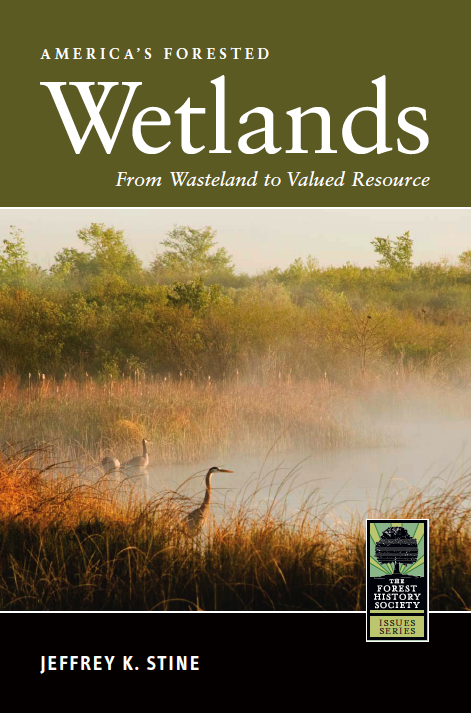The Vol. 4, No. 1, January 2008 issue of the Solidarity, Sustainability, and Non-Violence (SSNV) Research Newsletter has been posted. The theme this month is: “Religious Dimension of Sustainable Development.”
The link is: http://www.pelicanweb.org/solisustv04n01.html
The summary (abstract) is pasted below. I would be grateful for any feedback (positive/negative/in-between). Please let me hear from you.
With best wishes for a good 2008,
Luis
—————————————————————–
SUMMARY
The theme of the month is “religious dimension of sustainable development.” There is a religious dimension to the United Nations’ “Millennium Development Goals” (MDGs), and there is a religious dimension to human nature and everything we do. Religion is both indispensable and dangerous. It is indispensable to attain full human development beyond the physical, biological, and intellectual levels. It is dangerous when it degenerates into fanatical delusions about the absolute superiority of any particular religion, and then leads to religious intolerance and religious violence.
Many consider religion to be a controversial topic. But, after millennia of misconceptions about religion, we now have scientific evidence (initially via the Swiss Psychiatrist Carl Jung) that religion is essential for human beings to become fully human. This being the case, our 2007 analyses of the MDGs is incomplete as long as some insight of the religious influences on the implementation of the MDGs is not provided. A difficult subject, but it cannot be avoided.
In particular, religion is often an incentive (positive or negative) for the transition from patriarchy to solidarity, sustainability, and human development. Granted that financial gain (or loss) will probably remain as the key incentive for people to change behavior during our lifetime, futures research entails considering all conceivable possibilities. For instance, Abraham Lincoln once stated: “When I do good, I feel good; when I do bad, I feel bad. That’s my religion.” Lincoln’s “religion” many not qualify as religion in some quarters, but it points to the fact that, deep in the human psyche, there is the voice of conscience; the voice of God who abides in us but is bigger than us.
After a brief summary of the MDGs (or “MDGs+1” when religious development is considered), evidence is presented that a cultural transition is needed to support both social justice and environmental justice at all levels. This cultural transition will entail changes in human behavior that often cannot be accomplished even when there are financial incentives. Indeed, it is hard to imagine any such transition happening without incentives that are stronger than financial gain and/or resources for domination. Since the power of religion as incentive for changing human behavior (for good or bad) is pervasive, it seems reasonable to research this angle next. This religious dimension has not been absent from any of the previous issues of this newsletter, but now it will become central.
Incentives from a religious perspective are discussed for overcoming patriarchy and fostering social solidarity, environmental sustainability, and human development. In considering this material, it is essential to distinguish between “religion” and “religious institutions.” Authentic religion is the expression of our relationship with God, and it is “good, good, good.” Institutionalized religion can be “good, bad, or some mix of good and bad.” Some specific religious institutions are mentioned. The intent is never to deny the significant amount of good done by those institutions. However, nothing human is above criticism. Religious institutions often need reformations, just like all other human institutions often need reformations. Some religious persons may feel uncomfortable. As always, we shall adhere to the principle of analysis based on objective evidence. Updates of the SSNV-MDG knowledge taxonomy and links database continue as time permits.
The current version shows the links sorted by mega-disciplines, and within each mega-discipline by MDGs. This is “work in progress” but you are cordially invited to take a look at this resource and download it (free) for your own use (two options: HTML Web Page or EXCEL Spreadsheet).
This month’s invited paper is “Two Wings of a Bird: The Equality of Women and Men,” a reflection by the National Spiritual Assembly of the Baha’is of the United States, published in 1997. The Baha’i religious tradition emerged in Persia (now Iran) in the 18th century. It is the first major religious movement that explicitly includes gender equality as a core belief.
